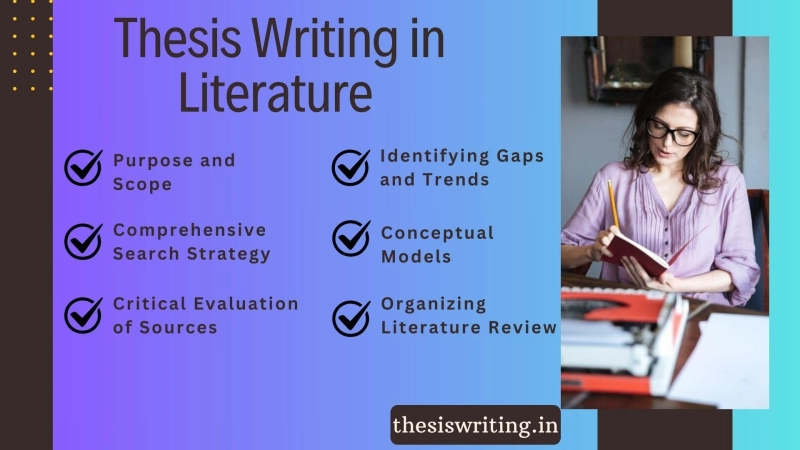Writing a thesis in English literature requires a complex process that combines academic study, critical analysis, and creative interpretation. Gaining an understanding of the many techniques and methodologies used in various kinds of literary thesis can help scholars better traverse the difficulties involved in literary studies. The differences and similarities in thesis writing across genres, eras, and critical viewpoints are examined in this comparative analysis of English literature.
Approaches and Genres
The variety of genres studied is one of the core elements of preparing an English literature thesis. For thesis writers, there are distinct opportunities and obstacles associated with each genre—novels, poetry, drama, and even newer forms like graphic novels.
Historical Context and Periods
English literature thesis writing is also greatly influenced by the historical and cultural background of literary works. Academics frequently investigate how writers react to the social and political contexts in which they live or how literary movements influence creative expression.
Critical Views and Theoretical Structures
The application of a variety of theoretical frameworks and critical views is a crucial component of writing a thesis in English literature. Scholars use a variety of lenses to analyze and evaluate literary texts, ranging from formalist analysis to postcolonial theory, feminist criticism to psychoanalytic interpretation. A unique analytical toolkit is provided by each theoretical approach for investigating various facets of literature, such as revealing hidden power dynamics in a story or looking at how identity is constructed in a poem.
Sources and Research Methodologies
The approach taken in producing theses also differs greatly throughout literary studies. Some theses may use digital humanities resources, comparative literary methods, or archival research in addition to attentive reading and textual analysis. The main and secondary sources that are available typically determine the research strategies that are used. Scholars can further their understanding of a writer\'s intentions or reception by interacting with unpublished manuscripts, letters, or literary reviews.
Challenges and Consideration
There are various obstacles to overcome when writing a thesis in English literature, even with the abundance of available approaches and methodologies. These include handling the wide range of literary criticism, striking a balance between individual interpretation and scholarly consensus, and upholding academic rigor while interacting with the imaginative and creative elements of literature. Furthermore, ethical issues like the inclusion of underrepresented perspectives and the appropriate handling of delicate content are becoming more and more significant in modern literary studies.
CONCLUSION:
To sum up, creating a thesis in English literature covers a broad range of genres, historical eras, critical viewpoints, and research techniques. Through an analysis of these varied methodologies, academics acquire a more profound understanding of the intricacy and diversity of literary research. English literature thesis authors contribute to continuous discussions about the meaning and enduring relevance of literature, whether they are examining the narrative structure of a novel, investigating the socio-political context of poetry, or using theoretical frameworks to analyze drama. Knowing these comparative aspects improves our capacity to interact critically and imaginatively with literary texts and their cultural contexts as literary studies develop.



